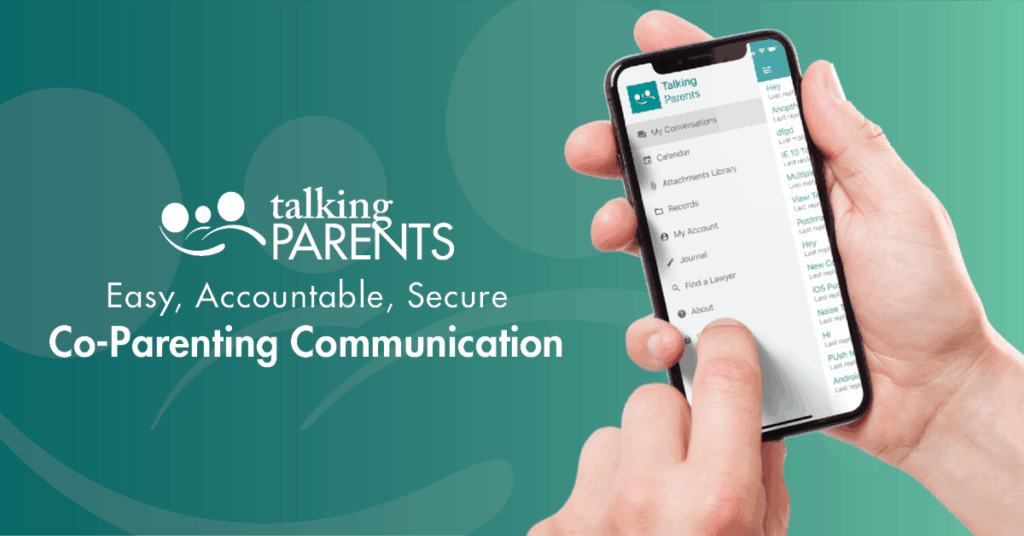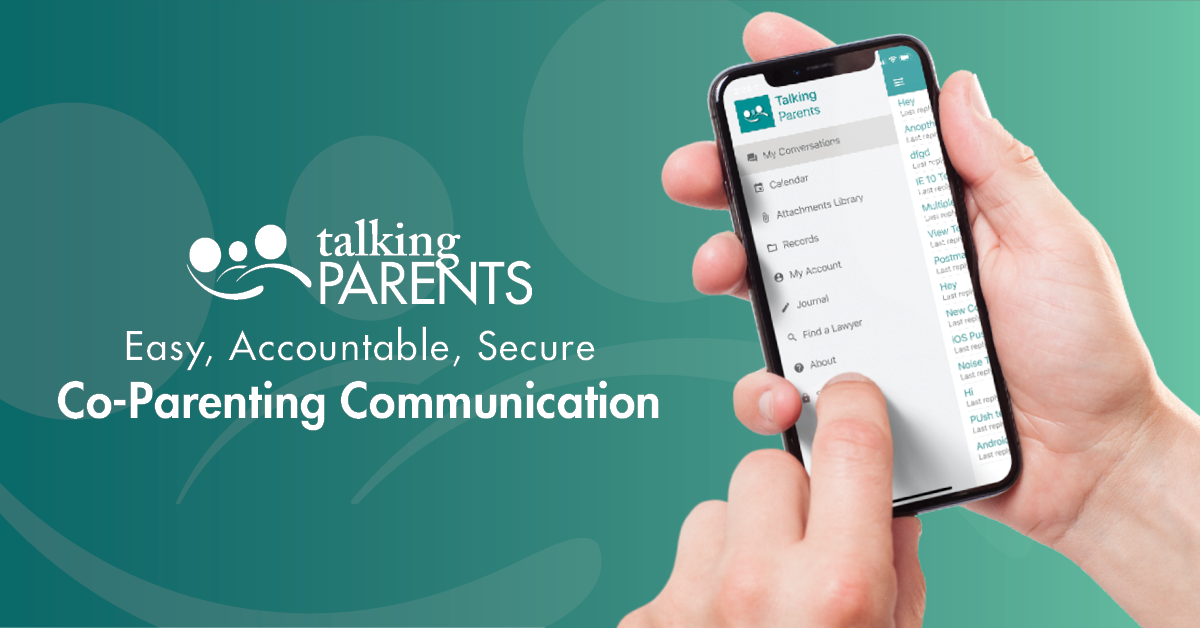
The Ultimate Guide to Parents Apps: Simplify Your Parenting Journey
In today’s fast-paced world, parenting can feel like a juggling act. Between work, household chores, and nurturing your children, it’s easy to feel overwhelmed. Thankfully, technology offers a helping hand in the form of parents apps. These digital tools are designed to streamline various aspects of parenting, from tracking your child’s development to managing their screen time. This ultimate guide explores the world of parents apps, providing you with the information you need to choose the right ones for your family.
What are Parents Apps?
Parents apps are mobile applications designed to assist parents in managing various aspects of raising children. They cover a wide range of functionalities, including:
- Child Development Tracking: Monitoring milestones, growth, and overall well-being.
- Scheduling and Organization: Managing appointments, activities, and family calendars.
- Communication: Facilitating communication between parents, caregivers, and children.
- Education and Entertainment: Providing access to educational content and engaging activities.
- Safety and Security: Ensuring children’s safety through location tracking and content filtering.
Why Use Parents Apps?
The benefits of using parents apps are numerous. They can:
- Save Time and Effort: Automate tasks and streamline processes, freeing up valuable time.
- Improve Organization: Keep track of important information and schedules in one centralized location.
- Enhance Communication: Facilitate clear and consistent communication within the family.
- Promote Child Development: Provide access to educational resources and track developmental milestones.
- Increase Safety and Security: Monitor children’s whereabouts and ensure their online safety.
Types of Parents Apps
The landscape of parents apps is diverse, catering to various needs and preferences. Here’s a breakdown of some common types:
Child Development Apps
These apps focus on tracking your child’s growth, milestones, and overall development. They often include features such as:
- Milestone Tracking: Monitoring physical, cognitive, and social-emotional milestones.
- Growth Charts: Tracking height, weight, and head circumference.
- Vaccination Schedules: Reminding you of upcoming vaccinations.
- Developmental Activities: Suggesting age-appropriate activities to stimulate development.
Scheduling and Organization Apps
These apps help you manage your family’s busy schedule, appointments, and activities. Features may include:
- Shared Calendars: Creating and sharing calendars with family members.
- Appointment Reminders: Setting reminders for appointments and events.
- Task Lists: Creating and assigning tasks to family members.
- Chore Charts: Managing household chores and assigning them to children.
Communication Apps
These apps facilitate communication between parents, caregivers, and children. Key features include:
- Messaging: Sending and receiving messages with family members.
- Video Calling: Making video calls to stay connected.
- Location Sharing: Sharing your location with family members for safety.
- Emergency Contacts: Storing emergency contact information for quick access.
Education and Entertainment Apps
These apps provide access to educational content and engaging activities for children. They may include:
- Educational Games: Playing interactive games that teach valuable skills.
- E-books and Audiobooks: Accessing a library of books and audiobooks.
- Educational Videos: Watching educational videos on various topics.
- Creative Activities: Engaging in creative activities such as drawing and painting.
Safety and Security Apps
These apps prioritize children’s safety and security, both online and offline. Features may include:
- Location Tracking: Monitoring children’s whereabouts in real-time.
- Geofencing: Setting up virtual boundaries and receiving alerts when children enter or leave designated areas.
- Content Filtering: Blocking access to inappropriate websites and content.
- Screen Time Management: Limiting children’s screen time and monitoring their app usage.
Choosing the Right Parents App
With so many parents apps available, choosing the right ones can be overwhelming. Here are some factors to consider:
- Your Needs and Priorities: What specific challenges are you facing as a parent? What aspects of parenting do you want to streamline?
- Your Child’s Age and Development: Choose apps that are age-appropriate and cater to your child’s developmental stage.
- Features and Functionality: Consider the features and functionality offered by each app and choose the ones that best meet your needs.
- User Reviews and Ratings: Read user reviews and ratings to get an idea of the app’s quality and reliability.
- Privacy and Security: Ensure that the app prioritizes privacy and security and protects your personal information.
- Cost: Some parents apps are free, while others require a subscription. Consider your budget and choose apps that offer good value for money.
- Ease of Use: Select apps that are intuitive and easy to use, even for non-tech-savvy parents.
Popular Parents Apps on the Market
Here are a few popular parents apps that are worth considering:
- OurPact: A comprehensive screen time management app that allows you to block apps, filter websites, and set schedules.
- Qustodio: Another popular screen time management app with features such as location tracking, call monitoring, and social media monitoring.
- Life360: A family safety app that allows you to track family members’ locations, receive alerts when they arrive at or leave designated areas, and communicate with them in real-time.
- Baby Connect: A baby tracking app that allows you to record feedings, diaper changes, sleep patterns, and other important information.
- Cozi: A family organizer app that helps you manage schedules, to-do lists, and shopping lists.
Tips for Using Parents Apps Effectively
To get the most out of parents apps, follow these tips:
- Set Clear Expectations: Communicate with your children about the purpose of the app and the rules surrounding its use.
- Monitor Usage Regularly: Keep an eye on your children’s app usage and make adjustments as needed.
- Be Open to Feedback: Listen to your children’s feedback and be willing to make changes based on their input.
- Use Apps as a Tool, Not a Replacement for Parental Involvement: Parents apps should be used to supplement, not replace, your involvement in your children’s lives.
- Prioritize Communication: Even with the convenience of apps, make sure to prioritize open and honest communication with your children.
The Future of Parents Apps
The future of parents apps is bright. As technology continues to evolve, we can expect to see even more innovative and helpful apps emerge. Some potential future developments include:
- AI-Powered Parenting Assistants: Apps that use artificial intelligence to provide personalized parenting advice and support.
- Augmented Reality (AR) Learning Experiences: Apps that use AR to create immersive and engaging learning experiences for children.
- Integration with Smart Home Devices: Apps that integrate with smart home devices to automate tasks and create a safer and more comfortable environment for children.
Conclusion
Parents apps can be valuable tools for simplifying your parenting journey. By choosing the right apps and using them effectively, you can save time, improve organization, enhance communication, promote child development, and increase safety and security. Explore the various options available and find the parents apps that best suit your family’s needs and preferences. Embrace technology as a partner in your parenting adventure!
[See also: How to Choose the Best Educational Apps for Your Child]
[See also: The Benefits of Screen Time Limits for Children]

